 For today’s developer spotlight, we were able to catch up with Matt Hall who is a partner over at Larva Labs, the studio who brought great games over to Android such as Retro Defense and Battle for Mars earlier on in its life cycle, and innovative applications like Slide Screen that helped people consume the information that matters the most to them.
For today’s developer spotlight, we were able to catch up with Matt Hall who is a partner over at Larva Labs, the studio who brought great games over to Android such as Retro Defense and Battle for Mars earlier on in its life cycle, and innovative applications like Slide Screen that helped people consume the information that matters the most to them.
We talked about their history with Android, their trek from the Sidekick to today’s modern platforms, future Android-based titles, and a lot more. Take a chunk out of your day to check out this interesting read from one of the market’s quality and leading developers.
When people think about the first games that defined a quality gaming experience on Android, they think back to Retro Defense. What was the initial nudge that made you realize Android would be important in the long run? How could you so easily anticipate what much bigger companies could not?
That’s always nice to hear. When we started work on RetroDefense it was sort of lucky because we had the game mechanics written from the Sidekick version, and we had properly sized graphics done for the iPhone version (this was back when there was only the G1 to worry about). So we combined those two things, got the game working and then spent a good amount of time just polishing it on the G1. I think a lot of those early games were half hearted ports from J2ME or other platforms, whereas we really wanted it to feel first class on Android. We tried to support the trackball, touch, keyboard, everything.
We weren’t sure Android would be a success at that point, but it felt like the timing was perfect for it. All the handset manufacturers were trying to figure out how to answer the iPhone and this seemed like the perfect solution. It took longer than we thought it would to really take off, but now its growth seems bigger than almost anyone anticipated.
You guys don’t just bring games to the Android table. Slide Screen received a lot of attention when it was first announced due to how unique and useful it was. One thing people were missing from the Windows Mobile experience was a comprehensive view of everything that is important to you, and Slide Screen does just that. How is it fairing for you in the Android market today?
We wrote SlideScreen because we had this unique opportunity to write a complete UI for a person’s phone and have wide distribution for it. That isn’t normally possible outside of carrier deals or more complicated installation processes. It took us a while to get it working well enough to be something that is always running on your phone, and interfaces with so many external services. Probably almost three complete rewrites, but part of that was us learning Android too.
To be honest the sales of the app don’t come close to supporting it’s development, but we like it a lot (and use it ourselves on our phones) so we want to keep it working and up to date. This is why we haven’t been able to find the time to do major upgrades to it for the most part. It’s always in the back of our mind however, and there’s some argument to be made that if it could gain another set of key functionality it might be much more popular. We’re not sure, we’re hoping that none of the next OS updates limit future development because we’d like the option to do another big update.
Are there any other plans to bring other useful applications to Android? Games are awesome, but people love apps that help improve your day-to-day life. I notice there are a ton for the Sidekick (I didn’t even know you guys developed for the Sidekick!) Will Android ever see the same type of love?
Yes, we’re trying to figure this all out right now actually. There’s no question that Android has the user base to support developers now, it’s just figuring out what those users want, and how much they’re willing to pay – if anything. We’ve got something in development right now that will hopefully answer some of these questions.
How would you respond to an inquiry from a big name publisher about being acquired or being enticed with a distribution and publishing agreement? For a small developer, do the benefits of a publishing agreement outweigh the benefits of going independent?
Really first rate publishers seem to offer something on the iPhone where the market is so noisy and overcrowded, but I’m not sure of their value on Android yet. It seems like a good game will get covered for it’s own merits still. As for being acquired, if you’re asking if we’d willingly accept a boat full of cash, I would have to think about it :) It certainly is fun being independent though, you get to do whatever you want. Until you run out of money, then you’re back needing the money boat.
Looking back at the New York Times article we reported on and your subsequent expansion on the quotes of yours featured, we would assume you wholly agree with them regarding the direction the Android ecosystem is headed. There are still a lot of holes to fix up, though, as any developer would be glad to tell you. What do you think are some of the biggest flaws of the market ecosystem that Google’s currently providing? What do you think Google should do to help patch the holes up?
Many of the complaints about the market from a year ago are the same today. Short descriptions, limiting payment system, failed downloads, and just the overall poor user experience when trying to browse the market. Apps are just presented far better on the App Store, and it lets your application that you’ve spent a long time developing look it’s best. I feel like developers are always working around the limitations of the Android market, rather than the market working for them.
Carrier billing for a majority of customers would be one big thing Google could deliver, but that now seems like it’s going to be reserved for carrier owned stores. That doesn’t seem like a good experience for anyone: developers or users. Windows Mobile 6.x let the carriers do their own stores and that didn’t seem to go so well, I’m not sure why we’re heading towards a repeat of that situation.
Some would say Google’s made too much noise with their high quality apps being free as it gives a vast majority of Android users the idea that all apps should be free if Google’s apps are. The biggest example of this is with the navigation apps and voice control apps, such as Vlingo (who switched to a freemium model directly after Google released Voice Actions.) This isn’t Google’s fault, of course, but do you think things would be different if Google didn’t have so many great apps in the market for free?
That’s sort of tough, it definitely does set a precedent. Hopefully as the platform matures the user base will broaden as well. There are some classes of apps that shouldn’t or can’t be ad supported and hopefully at some point the market will support a wider range of those.
Have you ever considered making changes to your revenue model for Android? We recently saw Rovio – the developers behind Angry Birds – stray away from their paid route on other platforms and offer a free, ad-supported version for Android. The aforementioned Vlingo was also forced to do the same. We understand the ecosystem differs greatly from OS to OS. Is there anything that just hasn’t worked before that you’ll be looking and willing to change on your end?
Yes, definitely something we talk about. I wonder how much money Angry Birds is bringing in with those ads, or are they making enough money on iOS to not need it to be a big earner. It’s something we want to find out more about because if the model worked for us too then Android could be awesome. In some ways ad revenue can support longer term development since it’s not a one time payment.
Developing apps is a much different experience than developing games when it comes to Android. Users see games advertised or talked about everywhere, but when they go to download them, they either don’t see it or it doesn’t work well for them. I hate to bring up the “F” word, but this type of fragmentation can be frustrating for both users and developers. When we talk about fragmentation, most people are referring to the software side. The hardware is just as important, though, and we know that Android devices differ greatly from one another. In your case, how – if needed – would you handle outcry from users of low-powered or unsupported devices who can’t play your games for whatever reasons? Is it an easy problem to handle or is it much more complicated than those of us on the outside looking in would make it sound?
We shouldn’t hate to bring up the “F” word because it’s a real problem, and just pretending it’s not that bad doesn’t help. Fragmentation is a multiplier of everything: OS versions times screen sizes times input methods equals a pile of scenarios you need to deal with, but also a ton of potential users. The sad reality is there are things you just can’t get perfect. Say you wanted to use a hardware button in your game, well where is it located on the device? You don’t know. Maybe instead you just make software buttons near the edge of the screen instead – be careful though, on phones like the Nexus One don’t put them near the soft back button otherwise you try to hit the gas in your car and you exit the game instead.
Nothing is impossible, there’s always a work around, but there are cases where we’ve had to do work to support a specific phone rather than write a new feature for that app. So that’s the tradeoff. The upside here is Android could reach a truly staggering number of users by being on any type of device. It’s not out of the question they could be at a billion users some day, so it’d be worth dealing with the different screen sizes at that point :)
Android just enjoyed its 3rd birthday on November 5th! If you were to fill out a report card for the operating system and for the vendor who manages it (Google), what overall grade would you give them and why? Considering the competition it’s gone up against (the *Phone), do you think Google handled more things right than they did wrong or ineffectively?
Google did the right thing it seems by relentlessly, and almost at any cost, releasing new versions of the OS to catch up to the iPhone feature set. That got it the user base it has now, which gets everyone excited about developing for it. Now they can focus on the details (hopefully). So, they definitely handled more things right than wrong, but from a developer perspective it’s been hard to keep up. What would be great at this point is if the OS stabilized and the UI got some of the rough edges ironed out. However, with 2.3 pending and 3.0 sounding like it’s coming soon I’m not sure if the pace is going to slow any.
You said we could look forward to more games. What and when? We’re dying to know! ;)
Nothing certain yet, we’re finishing some new apps at the moment, but we do have some games we’d like to work on. Hopefully they will be next on the list :)
Thanks a lot for your time! We look forward to checking out the new games and apps you have to offer whenever they’re set to come out :)
Thanks a lot for the interview Quentyn, I think these questions definitely sum up what’s so exciting about Android right now, despite some remaining downsides.




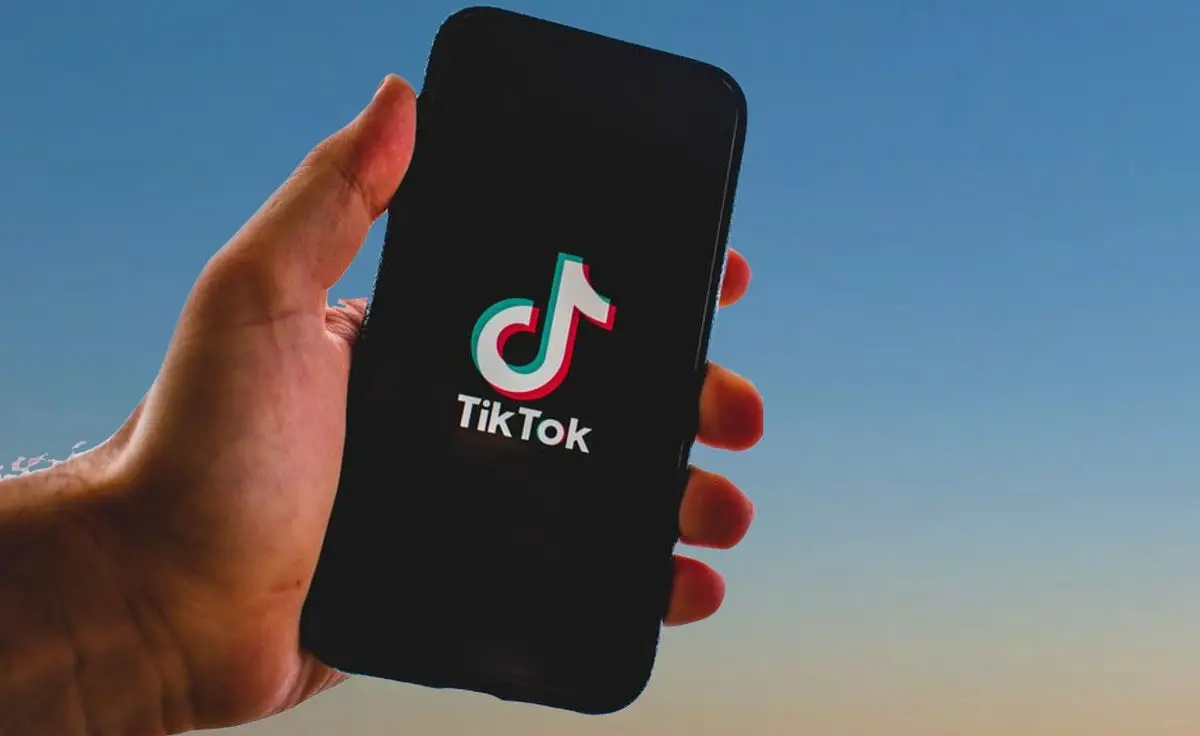
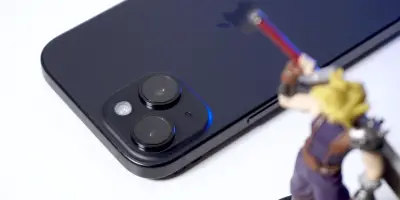
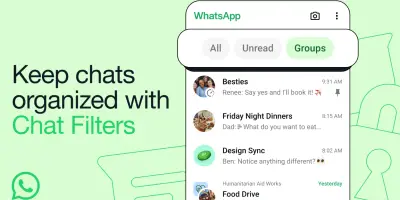
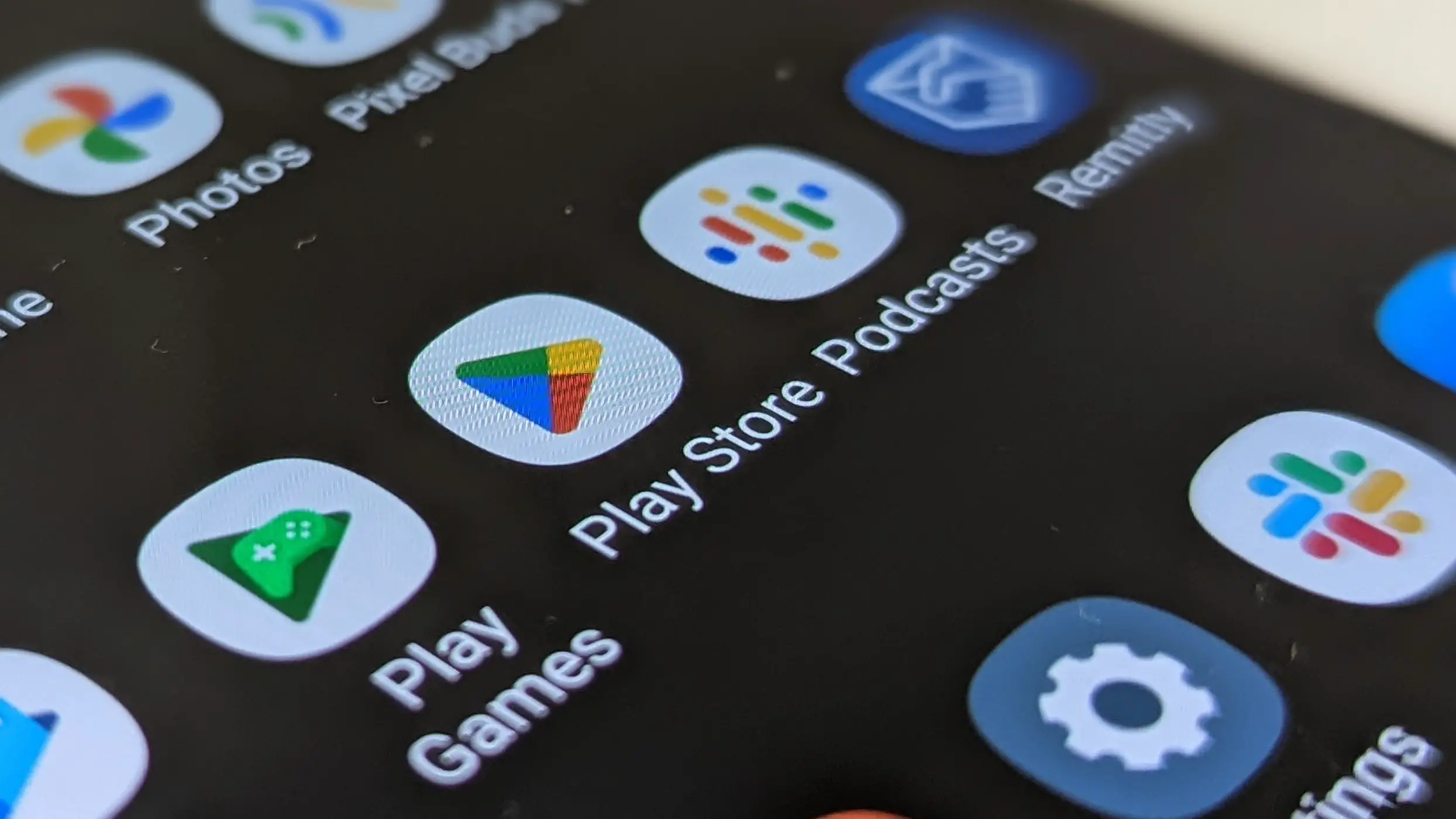

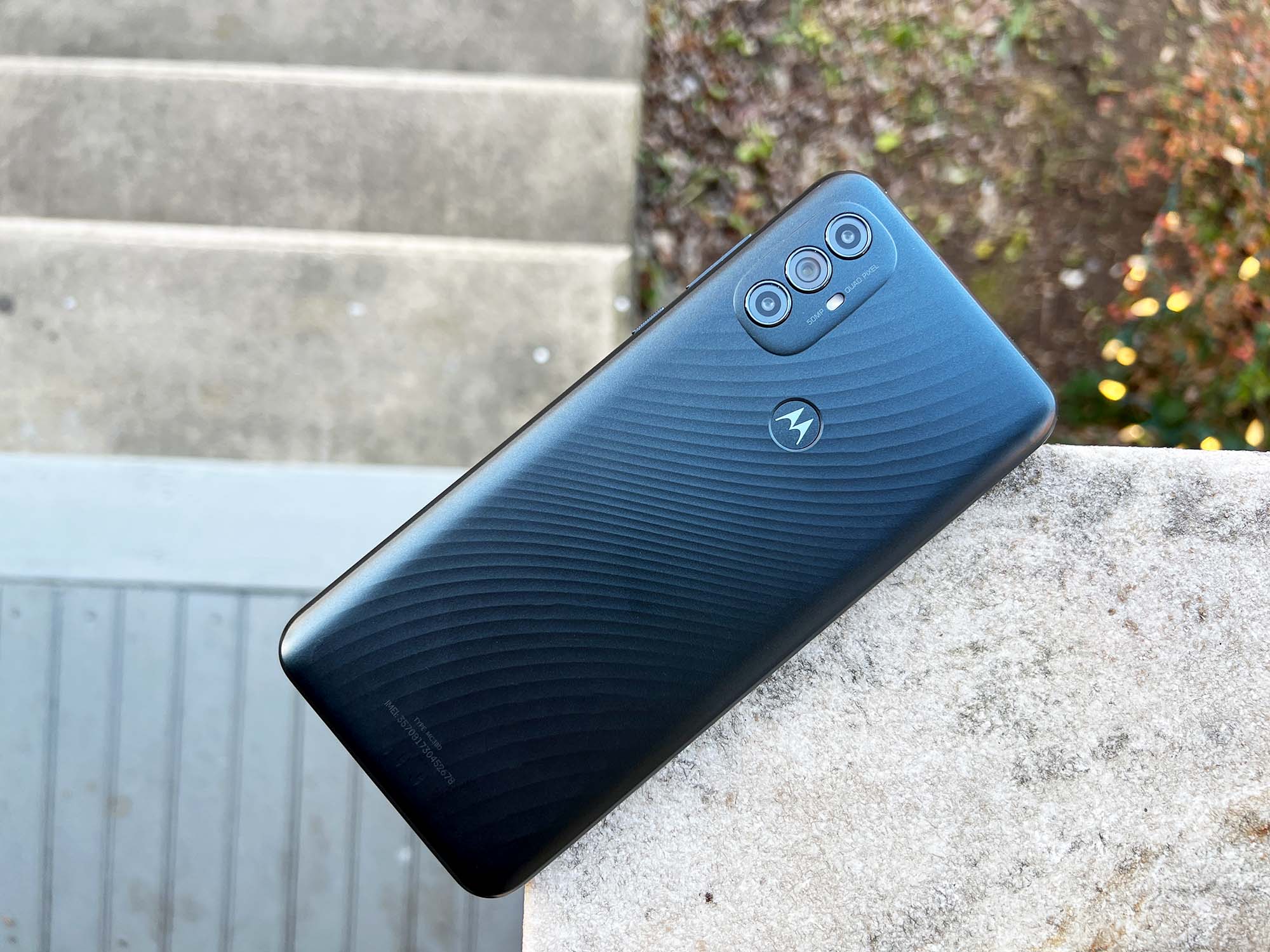
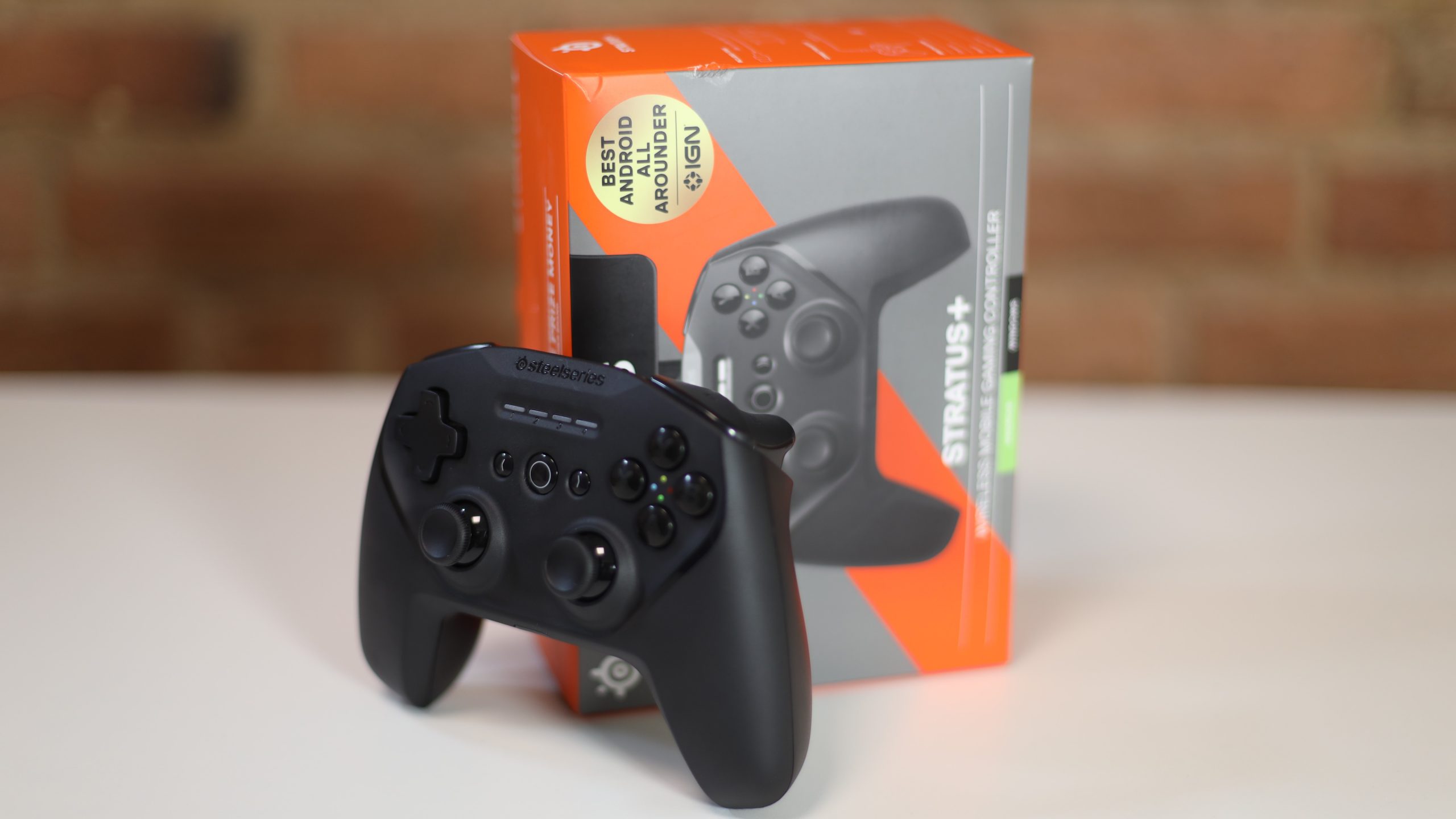
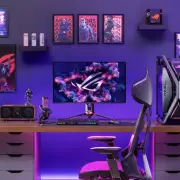

You’ve put RoboDefense in the title! It’s retro defense.
Argh! And I just said to myself “I will fix that before publishing.” Haha. Thanks for the reminder.
“Fragmentation is a multiplier of everything: OS versions times screen sizes times input methods […]”
Since when are a variety of screen sizes and input methods considered OS fragmentation? What exactly can Google do about that?
@MirzaD
That’s not how I read it at all..
They are just further examples of fragmentation on top of the software examples.
Nice interview and a tip of the hat to Larva Labs!
On frag bombs and such… The OS variations and screen sizes are part of the issue, but have known solutions. The real killer is bad OpenGL ES drivers and arguably poor support for low level audio too. OEMs are generally doing better than the early days, but one can just recall the jacked capping (unstably capped at 30 FPS) of the EVO on launch and such to keep in mind. Another pain point of course that hopefully will go away soon on mid to high end Android devices is multitouch hardware limitations. Unfortunately with Android OEMs will release commodity devices with cheaper hardware, so that will likely remain a prominent issue in the coming years.
Great interview though!
“[Google] releasing new versions of the OS to catch up to the iPhone feature set” – Did they really say that?
I was thinking about getting an Android phone to place my iphone, Retro Defence might have talked me into it!